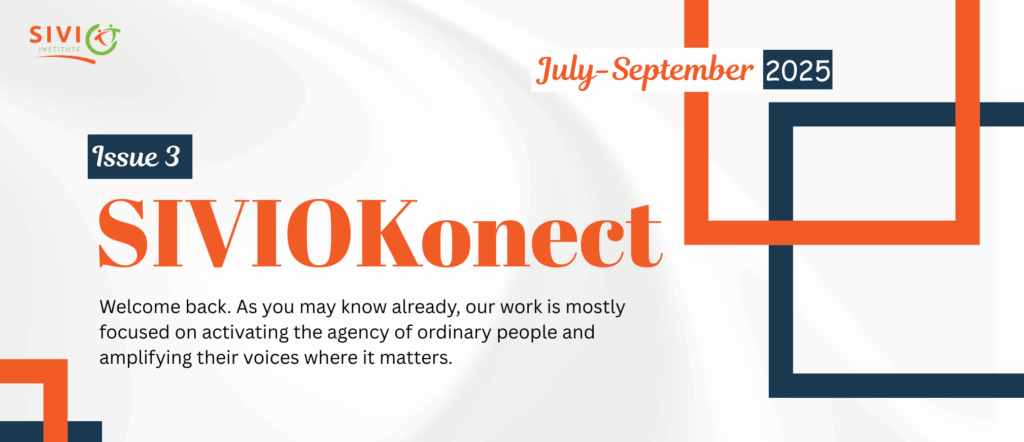
Welcome back. As you may know already, our work is mostly focused on activating the agency of ordinary people and amplifying their voices where it matters.
Through our Promise Conversion Trackers, we ensure that citizens monitoring public officials are well-equipped with accurate, accessible information at their fingertips. Our framing agency goes beyond demanding services, we encourage citizens to see themselves as answers to a number of day-to-day problems. Our work has, in the past month, been focused on activating individual giving as a force of change. In this edition, we discuss in detail some of the progress we have been making to nurture accountability.
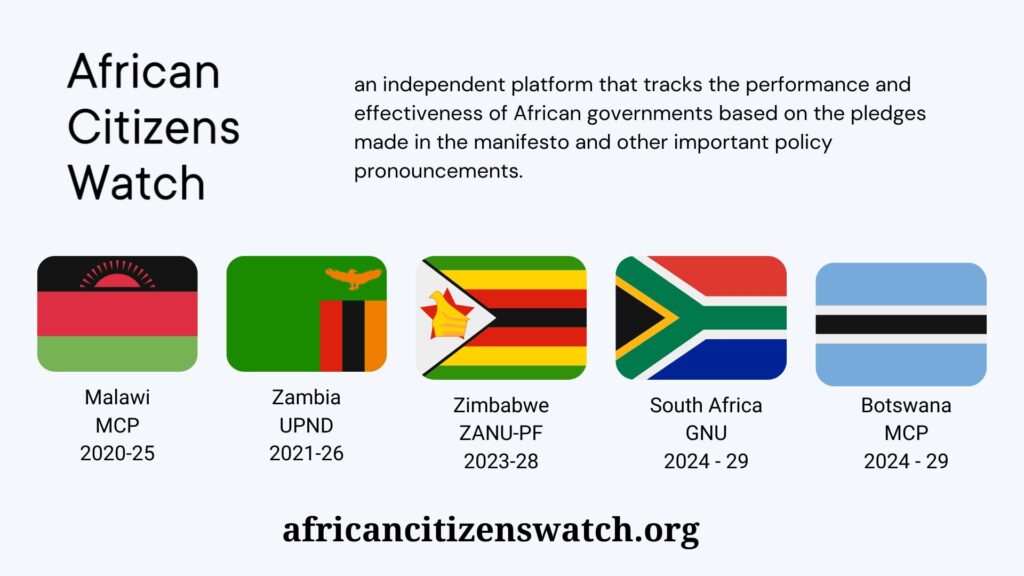
Our civic engagement team was in Lusaka to strengthen our ongoing efforts to track government promises, a commitment we’ve upheld since President Hichilema’s inauguration. Through a live radio presentation, the team had the opportunity to unpack our tracking work and what it means for democracy and the economy in Zambia. The team had the rare opportunity to talk about the behind-the-scenes of tracking government performance through the Zambia Citizens Watch tracker. The tracker is part of the broader African Citizens Watch initiative, which also tracks progress in Botswana, South Africa, Malawi, and Zimbabwe. The scorecard for Zambia is of concern; only 6 promises out of 248 have been fully implemented, and the government is only left with less than a year in office.
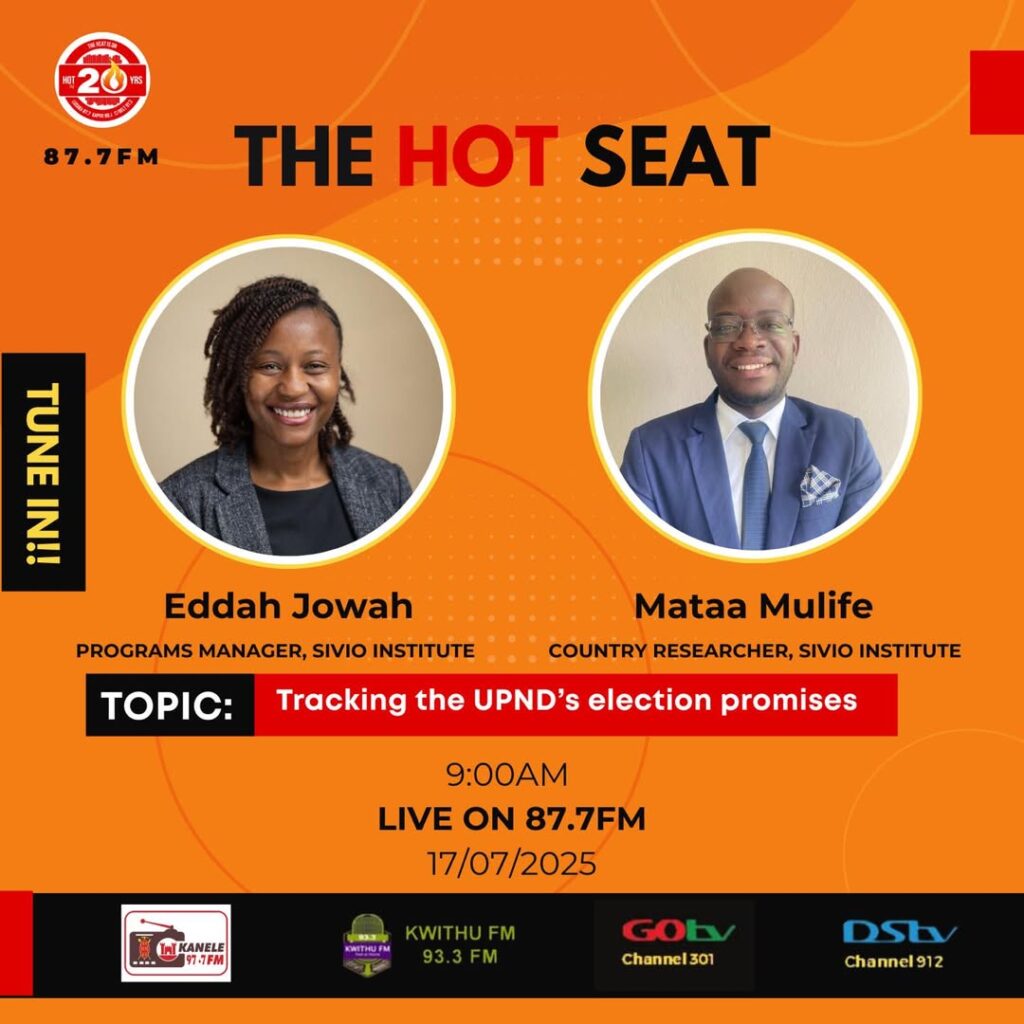
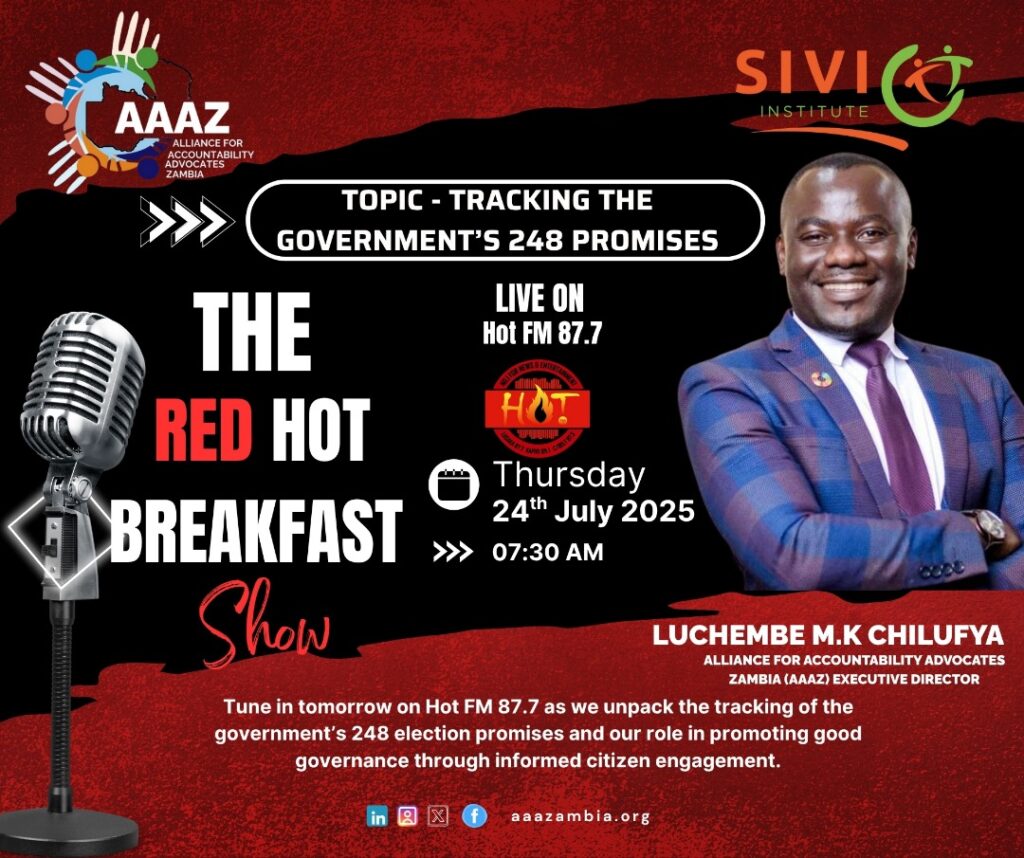
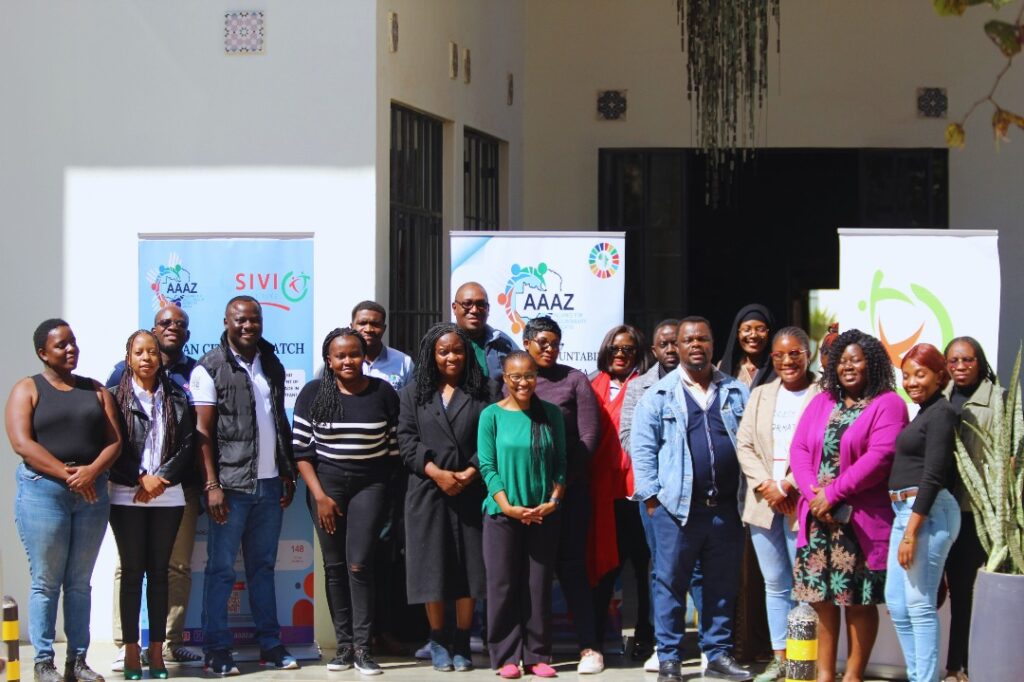
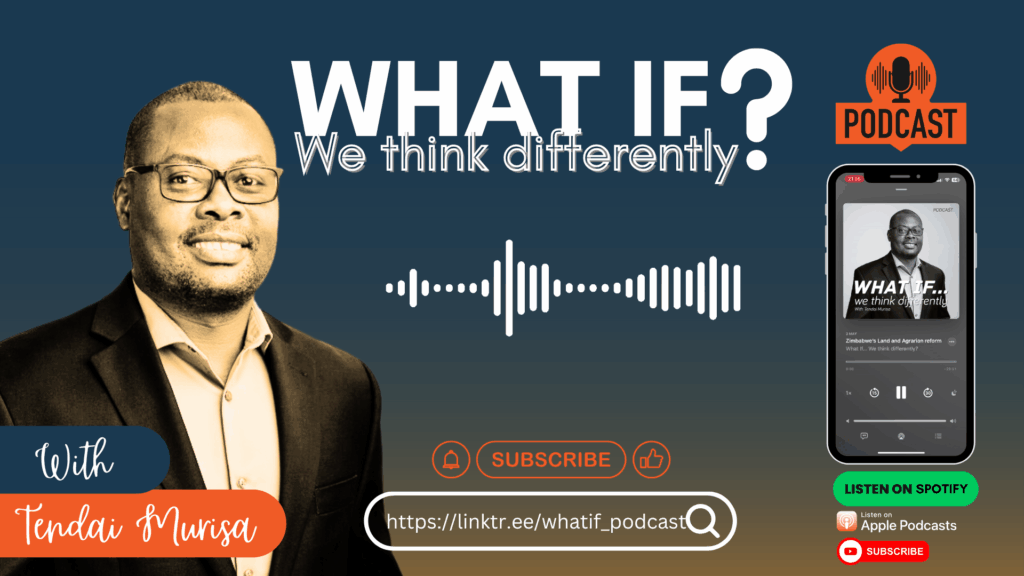
Our ‘What if We Think Differently’ podcast is going through major changes. The country researchers from South Africa, Zambia, Botswana, and Zimbabwe had the opportunity to have several discussions on the state of government delivery on promises made. Tune in on our YouTube channel to hear from those who live and breathe the data across the region.
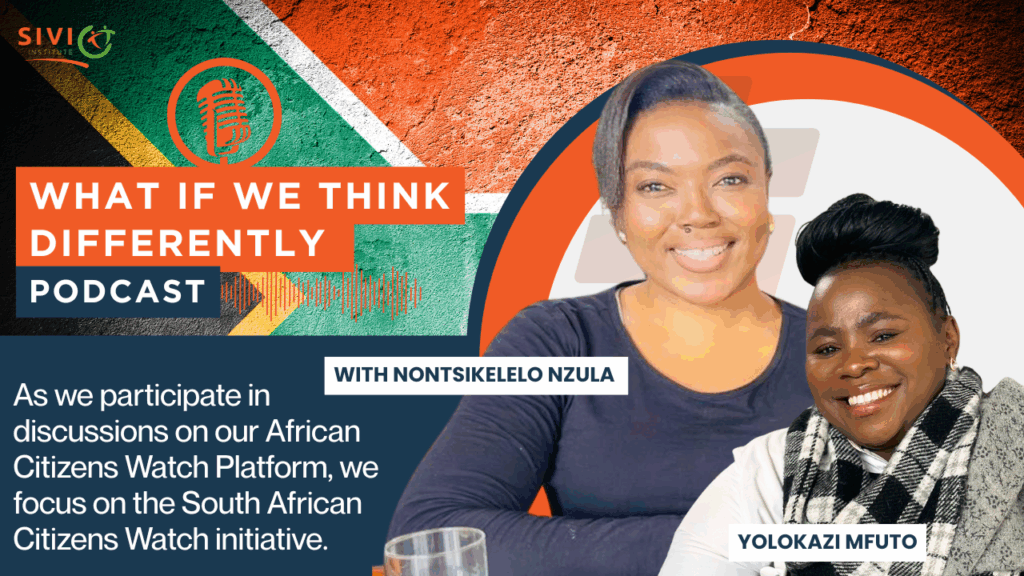
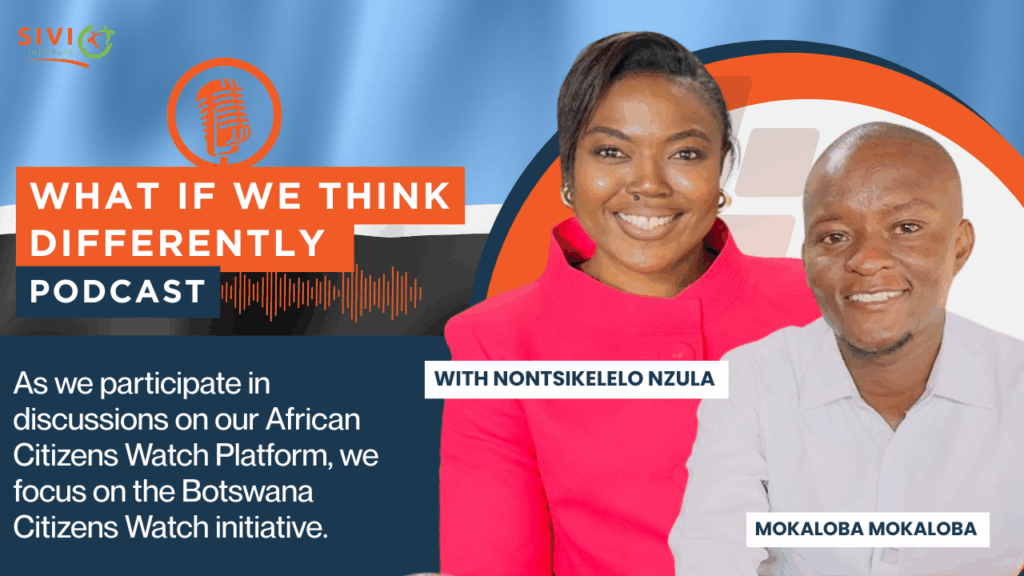
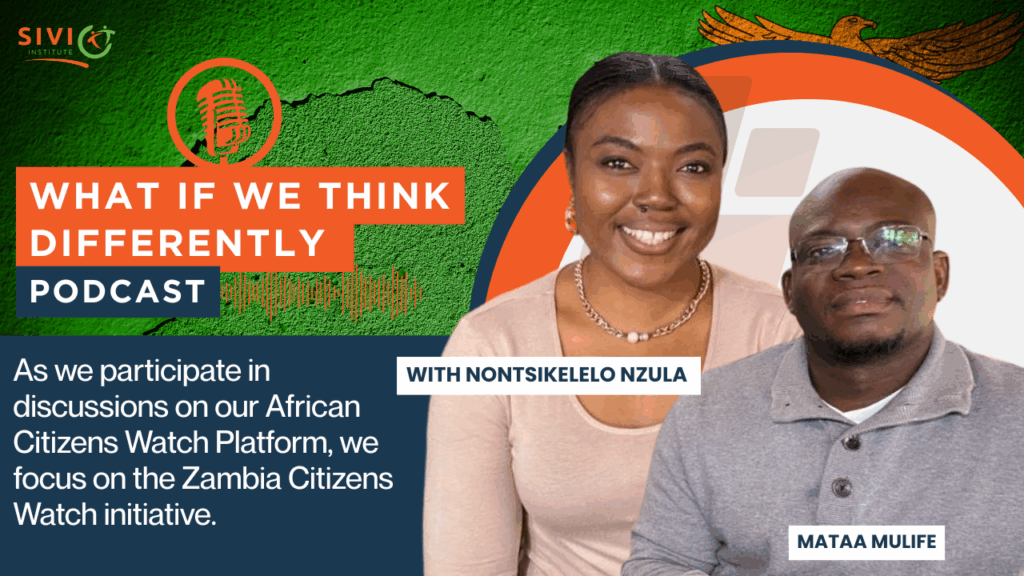
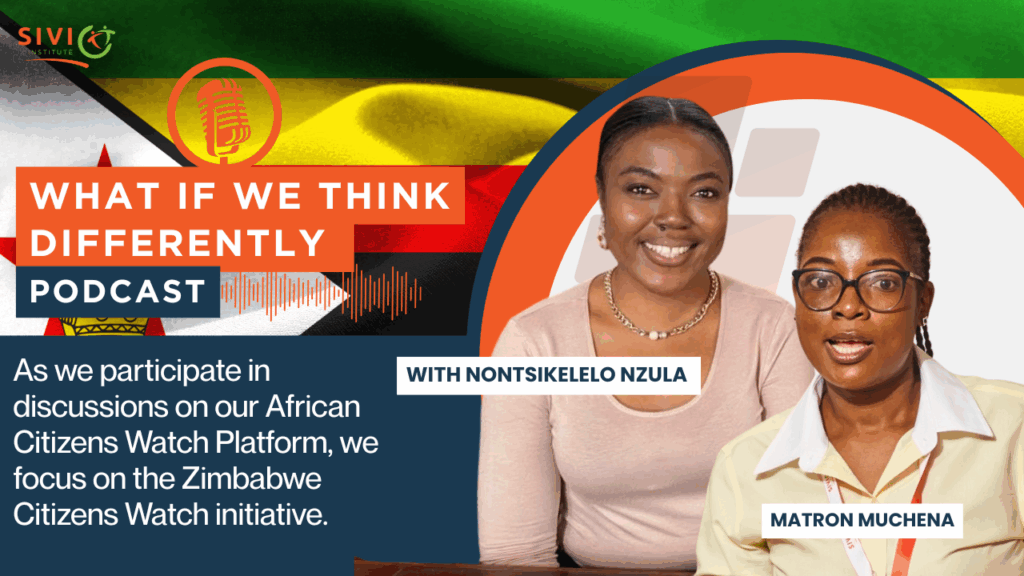
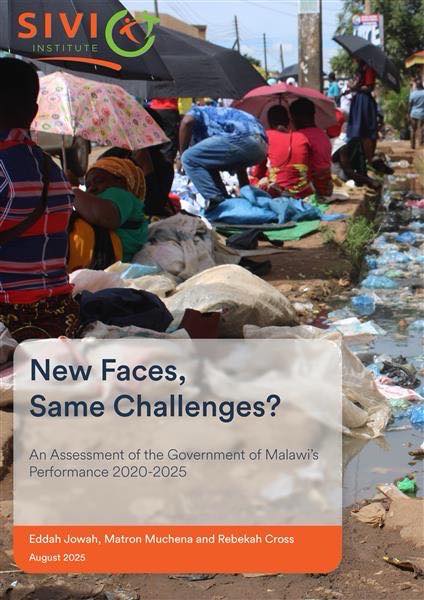
We launched our Malawi Barometer report twenty (20) days before the citizens of Malawi went to the polls. The report entitled, New Faces, Same Challenges? Government of Malawi Performance Assessment 2020-2025 discusses in detail the performance of the government of Malawi across five thematic Economy, Governance, Social Services, Corruption, and Climate Change. The report is an analysis of the performance of President Chakwera over five years. It revealed that there was very limited progress in terms of the conversion of electoral promises into policy actions. There was an animated debate during the launch of the report on what it means to have such a low score of 39%. Other participants were keen to know how other governments across the region are performing. The video of the event is live on YouTube here. The report received attention in Malawian media, including coverage by outlets such as Atlas Malawi and Malawi Voice, highlighting its insights and relevance to the country’s ongoing discussions and push for improved accountability and transparency by the government.
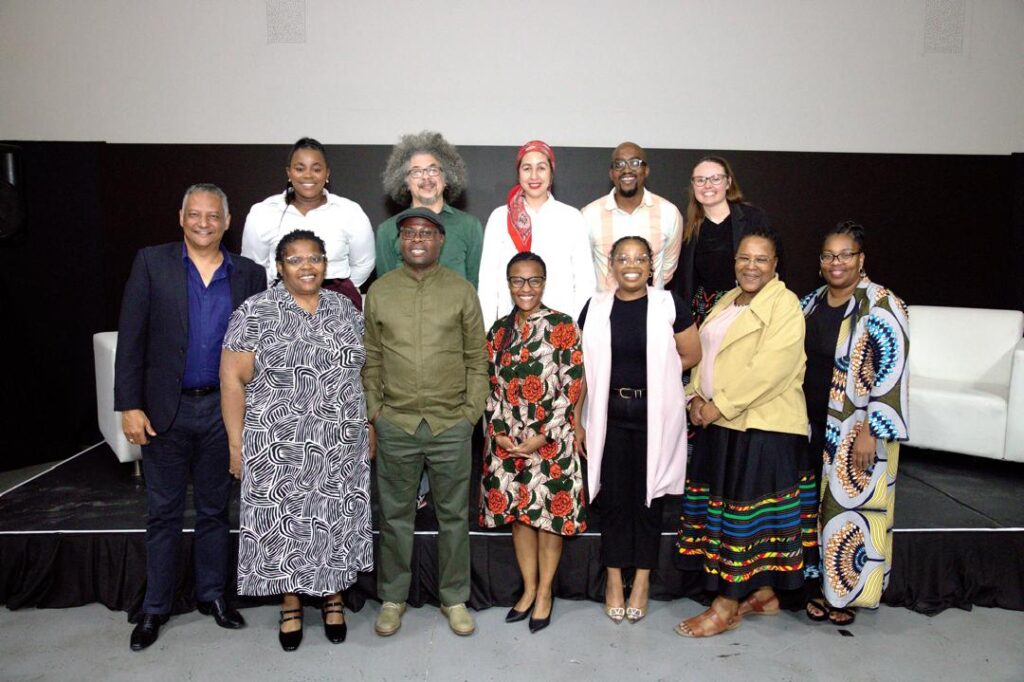
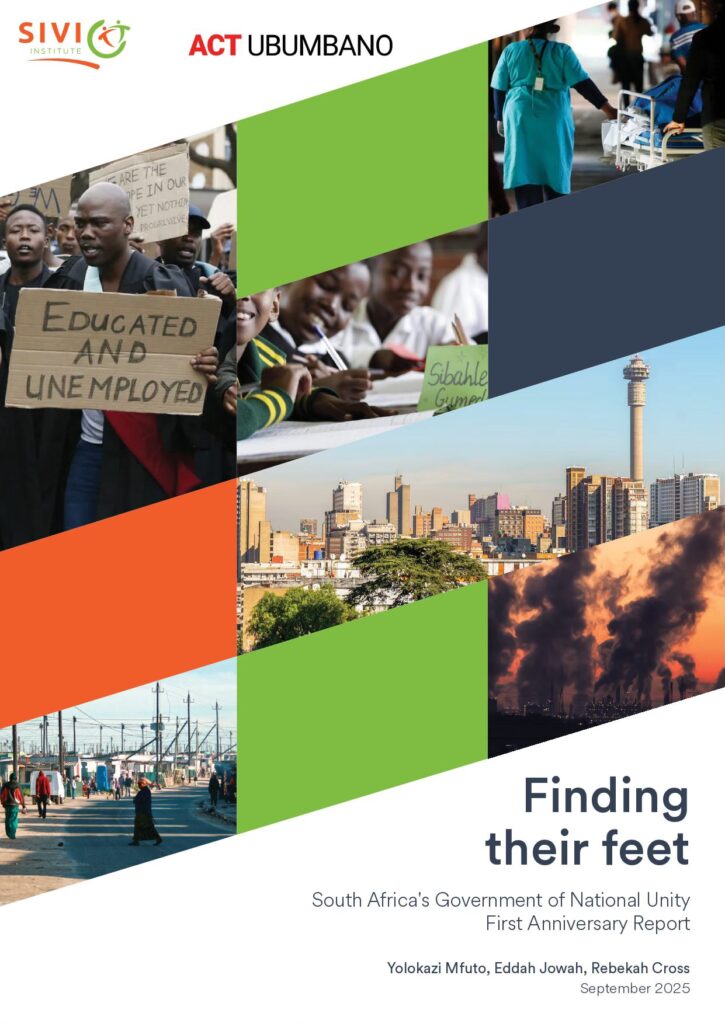
Our accountability journey took an important step forward on 16 September at the University of the Witwatersrand, where, in partnership with ACT Ubumbano, we launched the South Africa Barometer Report, Finding Their Feet: South Africa’s Government of National Unity First Anniversary Report, which tracks South Africa’s Government of National Unity’s performance during its first year (July 2024 – July 2025). The report’s findings are sobering; out of the 121 promises made, there has been progress on 9% of those promises, and none have been fully implemented yet. We hosted a discussion on microblogging site X as part of efforts to share highlights and updates in real time, inviting our online community to join the conversation as the proceedings unfolded. This event and the report findings received coverage across several media outlets, including SABC News Channel Africa, Mail and Guardian, IOL, Cape Argus, and Polity News, amplifying the conversation around South Africa’s Government of National Unity and its challenges.
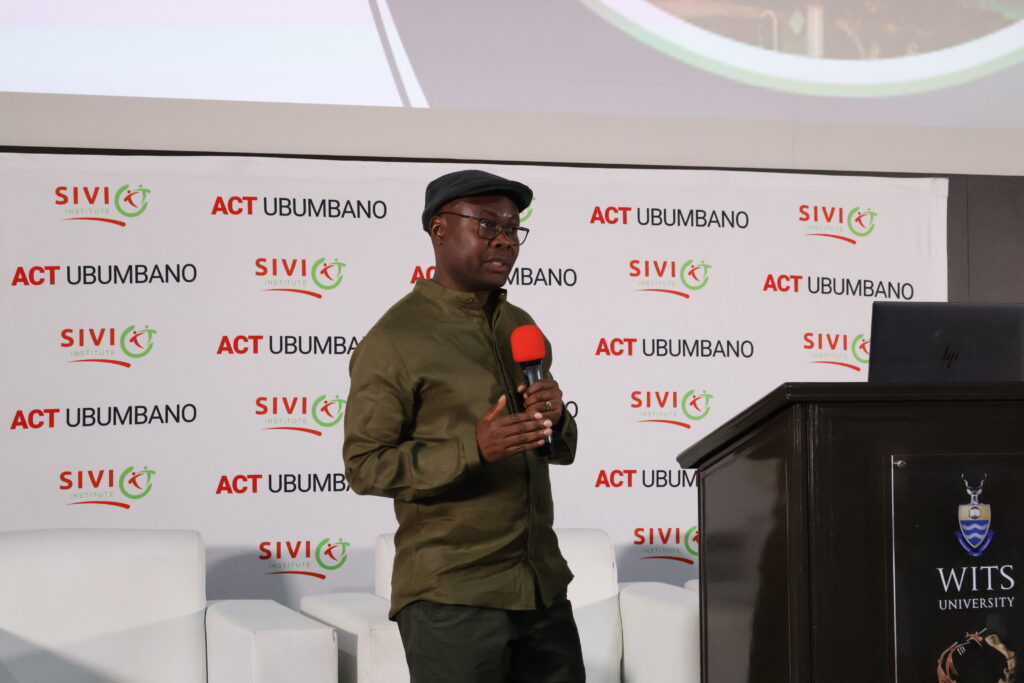
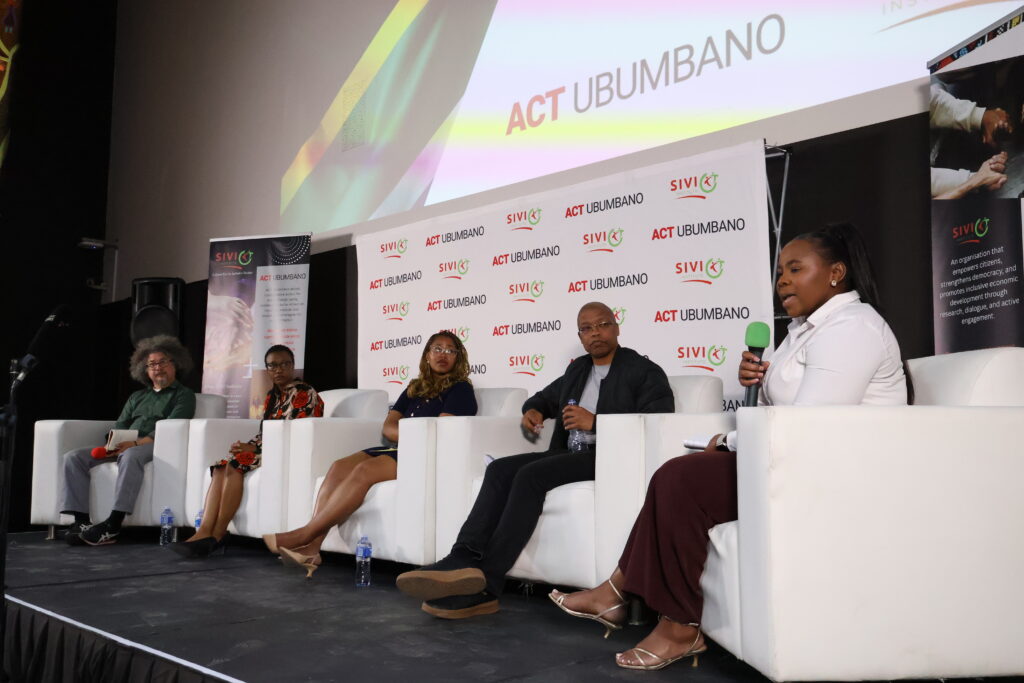
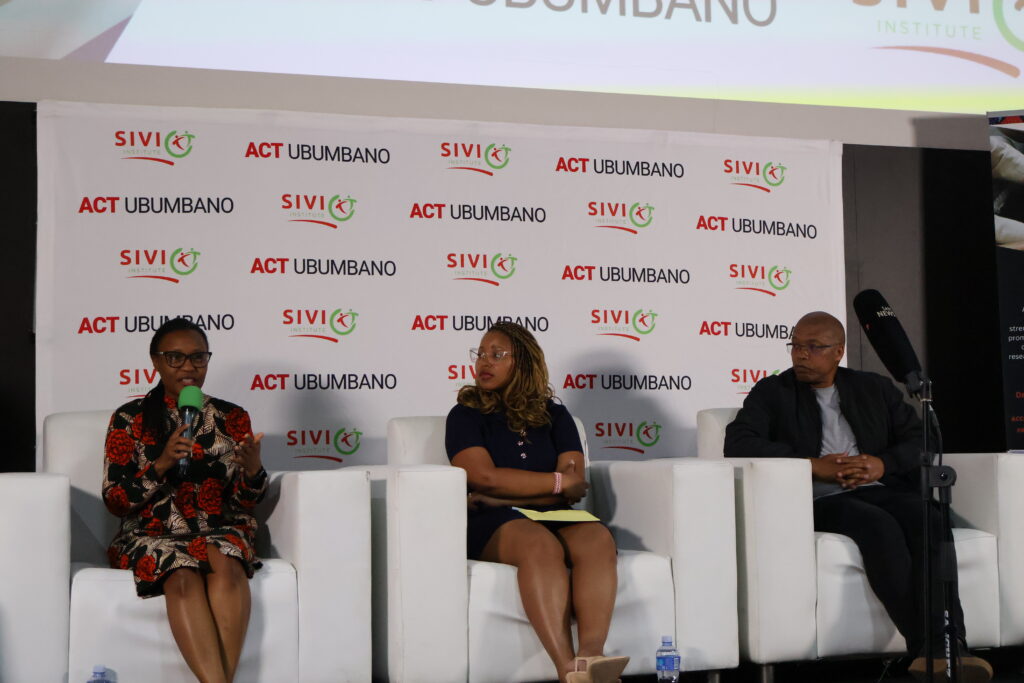
The impact of your generosity resonated far beyond policy and dialogue. It spoke volumes during our AfricaGiving 25for$25May campaign earlier this year. Together, you helped us raise a total of US$3,261.30, and every dollar has gone directly toward transforming lives across the continent. We believe accountability is more than a principle; it is a commitment to real, visible action and results..

From the remote corners of the Honzo community, where a mobile clinic brought essential medicines to vulnerable families in Zimbabwe, to Tumaini La Maisha in western Kenya, where menstrual hygiene support is giving girls a chance to stay in school and break cycles of vulnerability to Rise for Phoka’s mattress campaign restoring dignity for students in Malawi, and The Girls Table fostering mentorship and mental health in Bulawayo, Zimbabwe, your kindness stitched together a quilt of impact across communities. This is what collective generosity looks like in action.
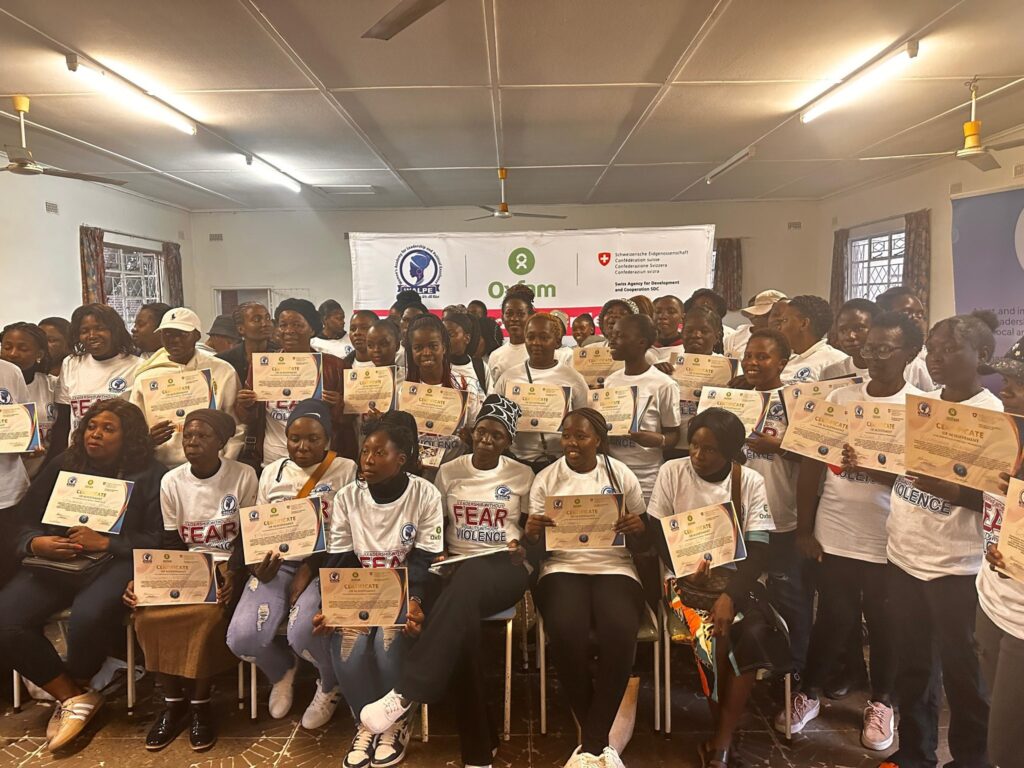
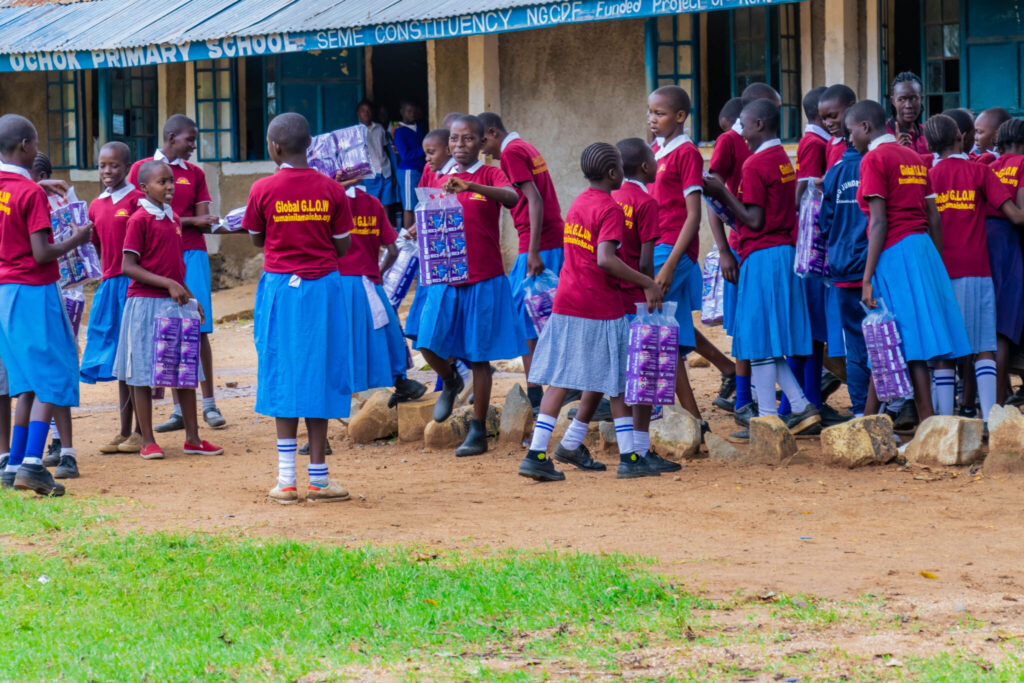
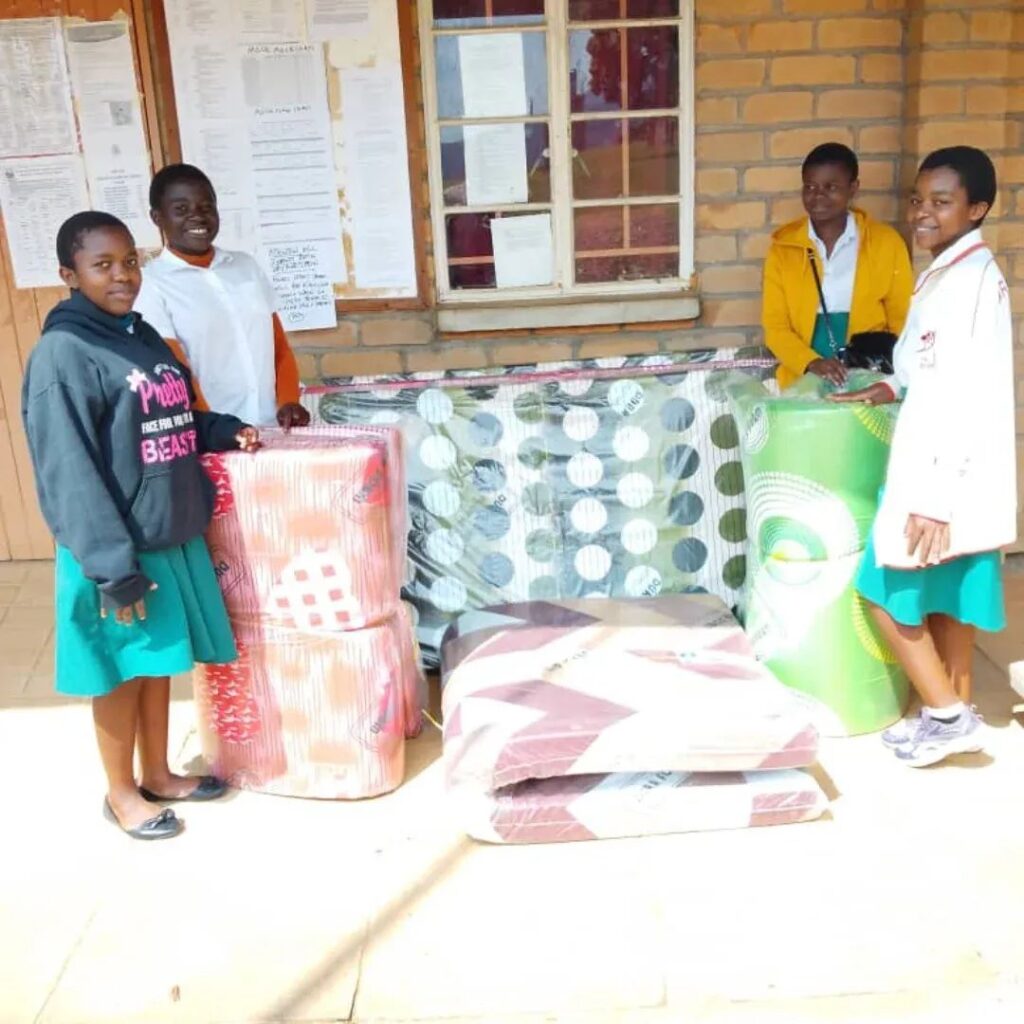
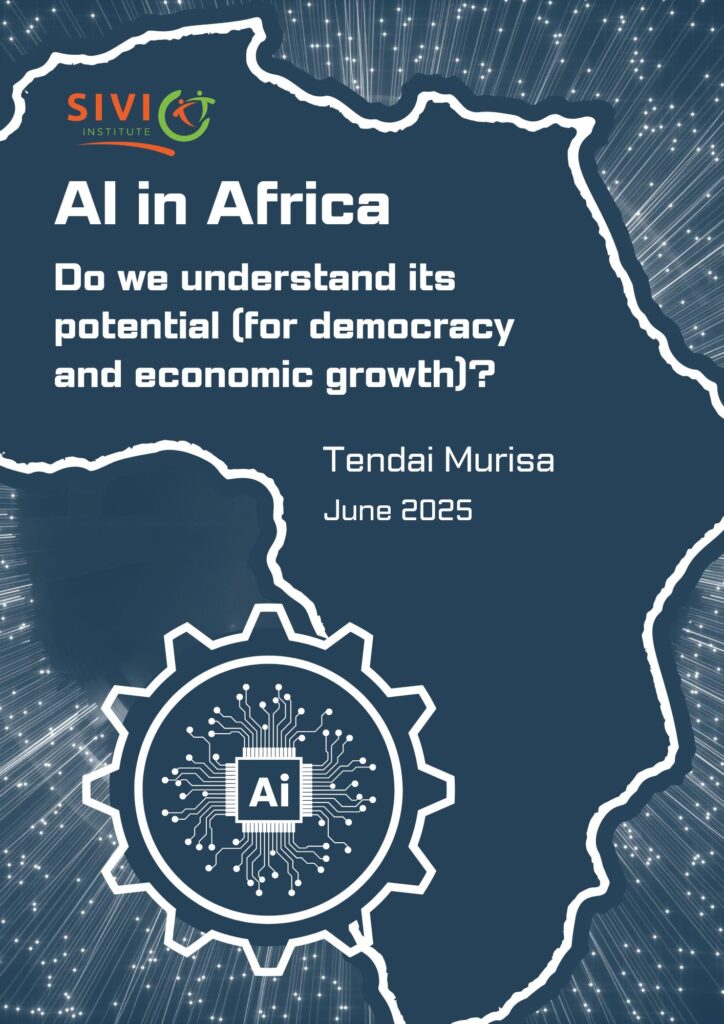
Innovation and forward-looking strategy remain central to the conversations we are having. We took a moment to reflect on how AI will impact Africa’s development through our monthly essay. The essay entitled, AI in Africa: Do we understand its potential for democracy and economic growth? explores the potential of, and sometimes challenging, role of Artificial Intelligence in shaping Africa’s future. From how we consume information to the skills we build and the democratic paths we walk, AI is touching many aspects of our lives. As this technology grows in influence, it becomes even more important to pause, reflect, and engage with both its opportunities and its risks. So that AI serves people first, strengthening human progress and advancing democratic values. We invite you to explore this thought-provoking insight.
During the same period, we published “Africa’s Path,” our vision for reclaiming Africa’s destiny beyond aid dependency, a strategy that champions youth-led innovation, economic transformation, and governance rooted in African agency. This is more than a policy paper; it is a manifesto for the future we must build together. Find out more in the insight.
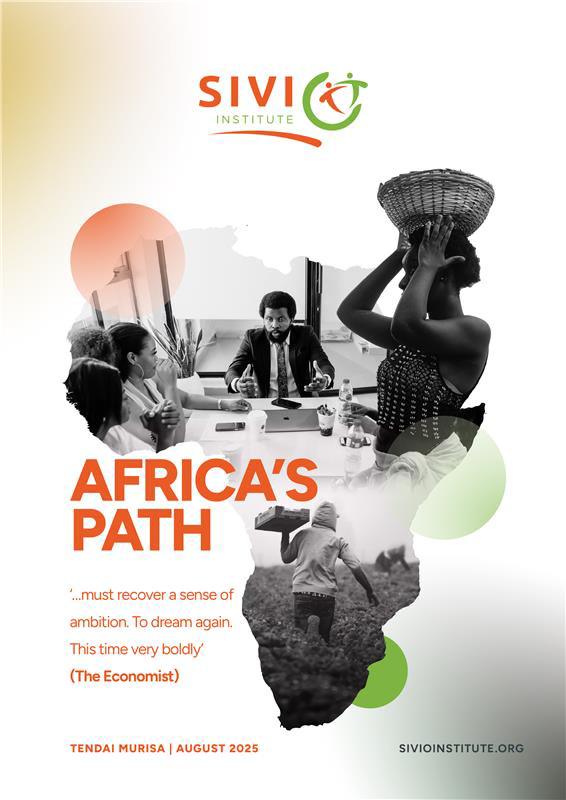
We have developed a new training course on Policy Analysis and Advocacy in Mining to equip advocacy-focused actors in this sector. The course is designed for civil society leaders and community leaders. It empowers participants with practical skills to influence mining governance, prioritising transparency, equity, and sustainable development. It’s part of our ongoing commitment to nurture tools for systemic change.
As this quarter closes, we are filled with gratitude for those who walk with us, those who whisper about our work in places we are not present, and those who support our work in various ways, including funding. We remain committed to the Quest for an Inclusive Society.
